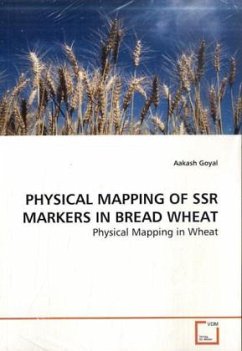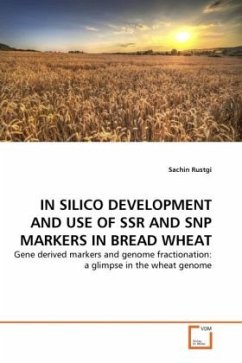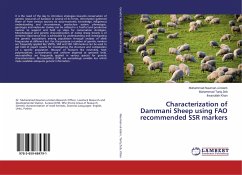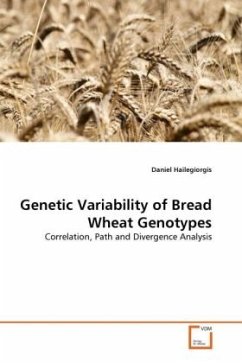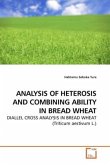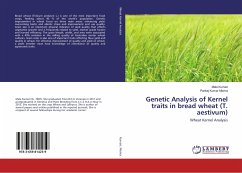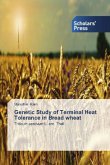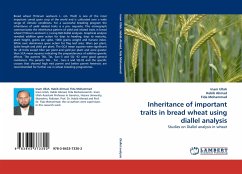Wheat one of the most important cereal crop, feeds
about 40% of the global population. Due to the very
large size of the genome, presence of three
homoeologus groups with 80% repetitive DNA in the
genome; makes any attempt of achieving success in
wheat molecular mapping extremely challenging. Also,
since recombination rates vary in different parts of
the genome, there is a clear need to construct the
physical maps, which can then be compared with
genetic maps to make them useful for both marker
assisted selection and map-based cloning.This study
on bread wheat (Triticum aestivum L. em Thell.) was
undertaken mainly to develop whole genome physical
map of simple sequence repeats (SSRs; also described
as microsatellites) including both, genomic-SSRs
(gSSRs) and expressed sequence tag-SSRs (EST-SSRs).
In this context, a total of 1508 SSRs were attempted
for physical mapping; of these only 641 SSRs could
be mapped to 1028 loci. The present study will
certainly attract the attention of researchers,
scientist and plant breeders working on wheat and
other cereal crops particularly in areas of
molecular mapping in wheat.
about 40% of the global population. Due to the very
large size of the genome, presence of three
homoeologus groups with 80% repetitive DNA in the
genome; makes any attempt of achieving success in
wheat molecular mapping extremely challenging. Also,
since recombination rates vary in different parts of
the genome, there is a clear need to construct the
physical maps, which can then be compared with
genetic maps to make them useful for both marker
assisted selection and map-based cloning.This study
on bread wheat (Triticum aestivum L. em Thell.) was
undertaken mainly to develop whole genome physical
map of simple sequence repeats (SSRs; also described
as microsatellites) including both, genomic-SSRs
(gSSRs) and expressed sequence tag-SSRs (EST-SSRs).
In this context, a total of 1508 SSRs were attempted
for physical mapping; of these only 641 SSRs could
be mapped to 1028 loci. The present study will
certainly attract the attention of researchers,
scientist and plant breeders working on wheat and
other cereal crops particularly in areas of
molecular mapping in wheat.

